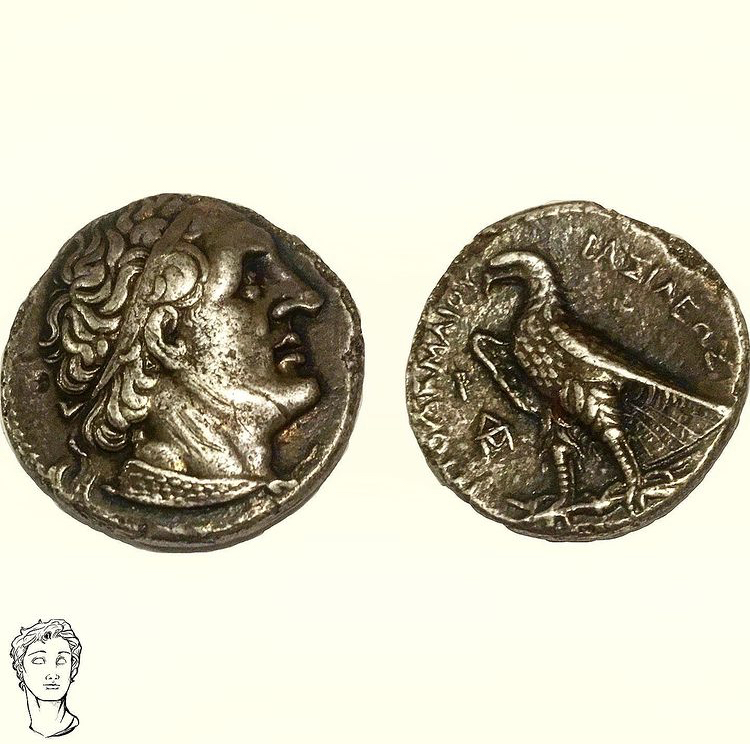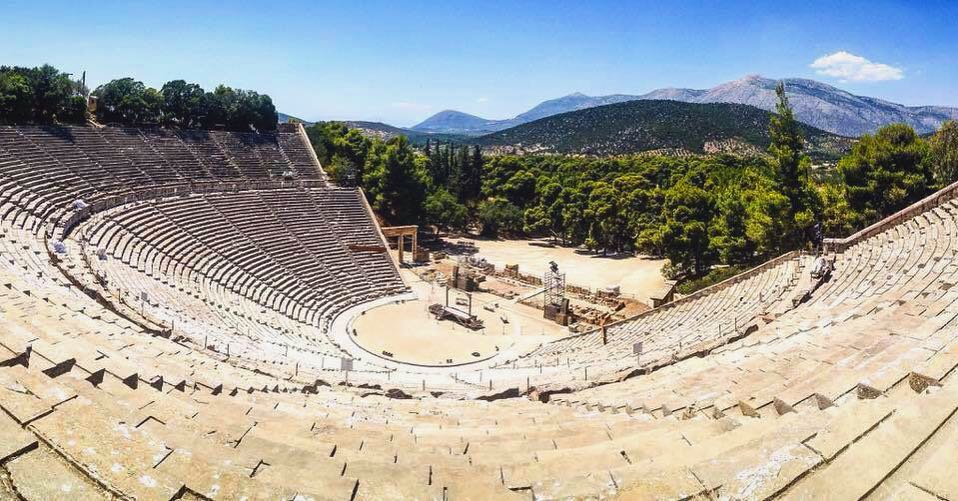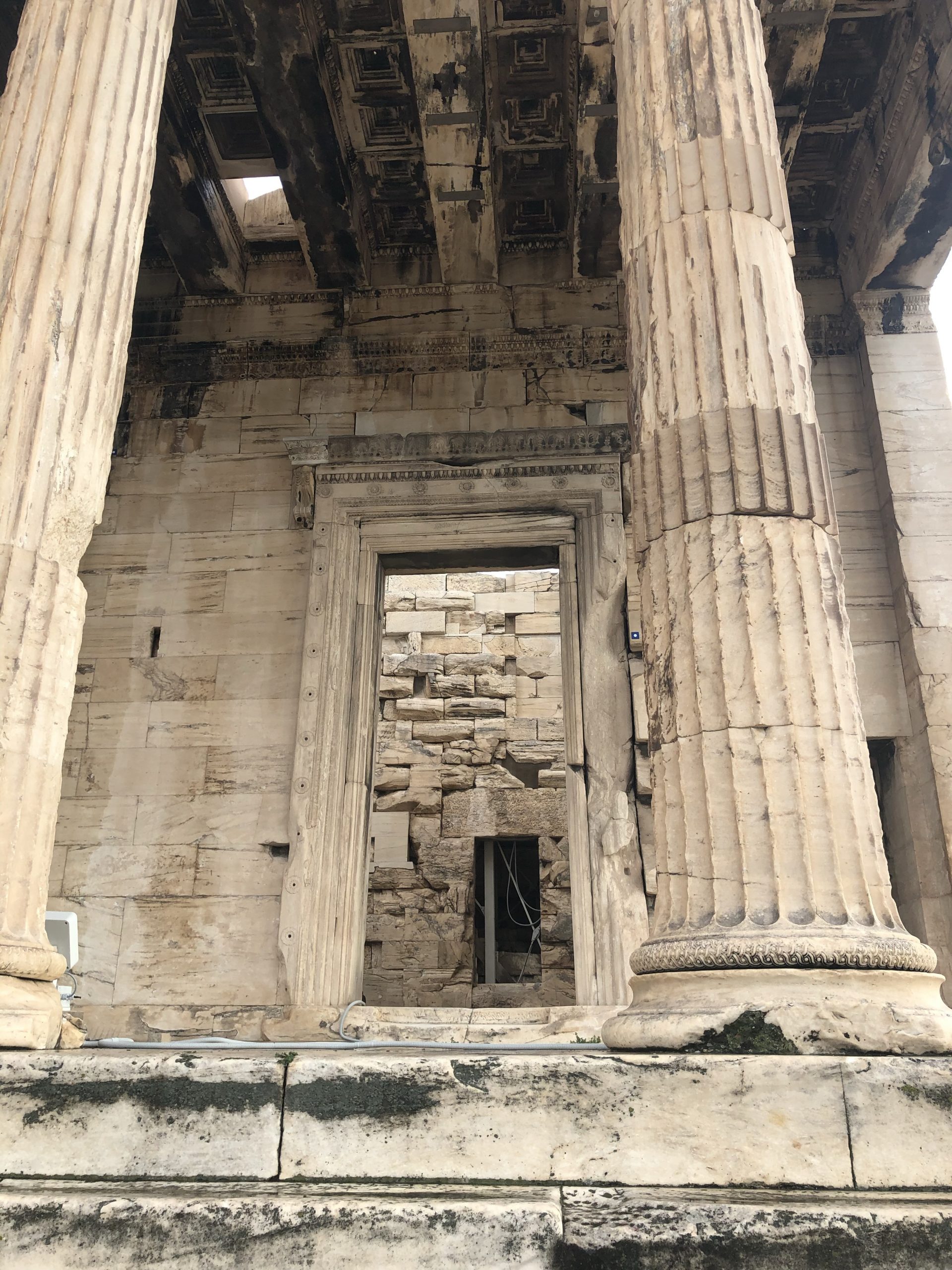The summer is almost at an end, and that means it is time for a new series! This time guest writer Alexandros Pardalis looks at the ways in which economy and politics interacted in Ancient Greece and how novel methods of economic organization helped the Ancient Greeks flourish. The importance of the Greek city states …
Hellenistic People III: Lydiades of Megalopolis
On this website you can find all sorts of articles about the Ancient Greek world. But the main goal of the Hellenistic History platform is to provide you with more insight into the different aspects of the Hellenistic world. Aside from this series, in which we have a look at some of the famous and …
Anyte: A Hellenistic Poet
During the Hellenistic period, which starts at the death of Alexander the Great in 323 BCE, Greek poetry flourished in new directions. It reflected on the natural, physical landscape in ways Greek poetry had not before. The rise of pastoral poetry – poems about the idealized shepherd reflecting on nature – can be attributed to …
Hellenic vs. Hellenistic: a very big difference!
A few weeks ago, I came across this BBC article which was talking about how the art and architecture of the ancient Greeks is currently influencing many modern designs: from our interior to the jewelry we are wearing. More and more people are turning to the Greeks for help decorating their homes. While I fully …
Travels in Greece I : the nothern Peloponnese
I think that it must not come as a surprise, but I love Greece. I love the history of the country as well as the food, people and language. Having lived there for a few years, I have been able to travel extensively through several regions and visit the archaeological sites and musea. In this …
Hellenistic Cities III: Messene
The last post in this series is from quite a while ago. About high time we change this and delve into the short history of yet another Greek city during the Hellenistic period. This time we turn our eye to Messene. This city lies in the southern part of the Peloponnese in close proximity to …
Myth and Polis XI: Hellenistic kings and kinship myth
We have now reached the eleventh part of the series on the use of mythological kinship in Greek diplomatic interaction. Since most of the sources come from the epigraphic material of the Hellenistic period, we have already looked several times at how mythological kinship was used by cities in that period in their interactions with …
Myth and Polis X: Will the real Phocis stand up?
We have now reached the tenth part of this series. So far we have already seen why the Greeks eagerly used the legendary heroes and kings of Greek mythology for diplomatic purposes. We know how they did it, for what audience, and what role these stories played in the early history of a city. Some …
Myth and the Polis IX: Foundation Myths
Look at the buildings of an ancient Greek city and you cannot help but notice the references to Greek mythology are everywhere. As well as specific buildings for the veneration of local heroes, such as the Erechtheion on the Acropolis, there were temples to the gods, such as the temple of Apollo in Corinth. And …
Hellenistic cities III: Hybrid Worship in Alexandria
This is third part of our series on Hellenistic cities where we explore some very famous poleis such as Alexandria or Pergamon as well as some that are a little more obscure like Megalopolis. Each post tells us more about the general history, population or specific aspects of these Greek cities. In today’s post Shiro …















